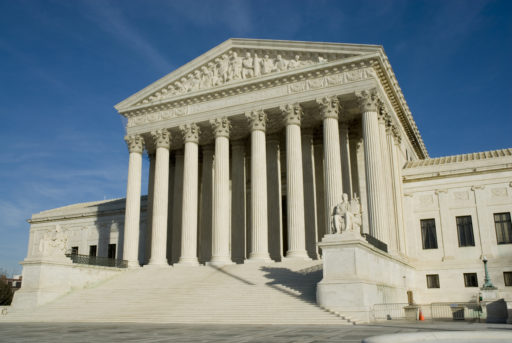In May 2019, Section 8-107 of title 8 of the NYC admin code was amended to make it unlawful for an employer and others to test for marijuana or THC as a condition of employment. This law becomes effective May 10, 2020. The NYC Commission on Human Rights is promulgating rules for the implementation of this law. There was a public hearing on Jan. 9, 2020 concerning potential exceptions to the general prohibition on pre-employment testing to which written testimony by interested parties was submitted. There …
Continue Reading

